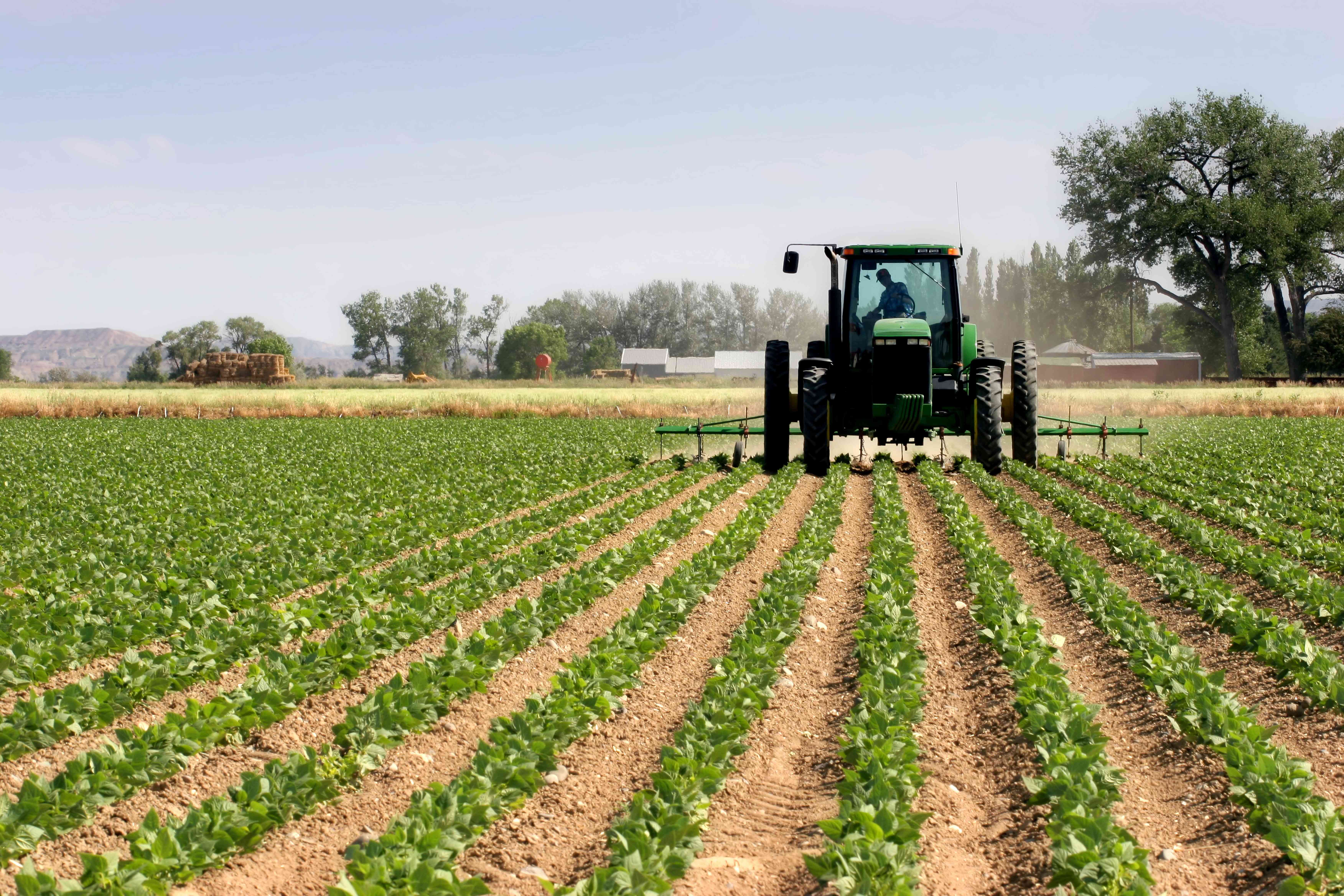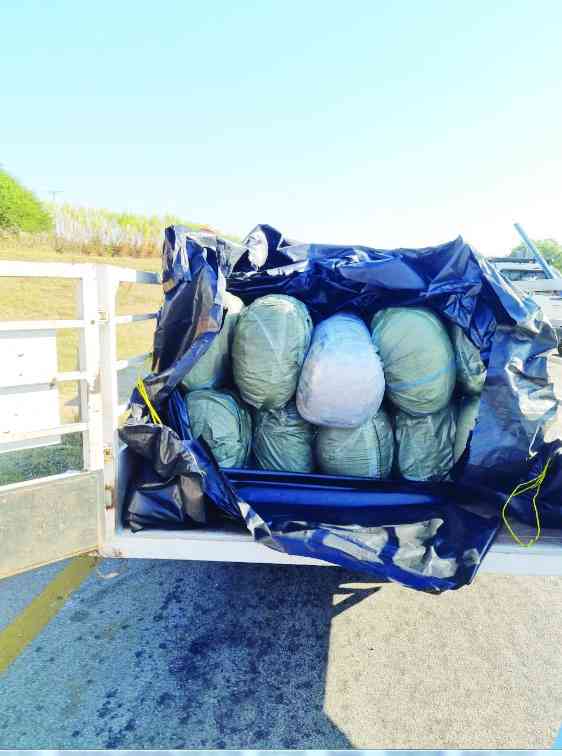
IF developing countries treated farming like other professions, many farmers would have graduated from smallholder to large-scale agriculture in line with growth-oriented changes related to land size and markets.
By now, millions of farmers would have become extension officers and agricultural lecturers. Agricultural colleges would been training farmers as opposed to training extension officers on the assumption that these can then train farmers.
Such training-the-trainer models have outlived their relevance because many farmers are more knowledgeable and innovative than extension officers.
Knowledge systems should not be biased against agriculture
Most young Africans are trained to become agronomists, extension officers, crop scientists, livestock scientists and agricultural economists, all looking forward to being employed to serve farmers, not to practise their knowledge as producers.
The main assumption has remained that farmers do not know how to operate farming enterprises as commercial entities.
That explains why, for a long time, there has not been meaningful investment into commercialising smallholder agriculture and increasing recognition of farmers at the policy level.
The entrepreneurial side of agriculture continues to start at manufacturing and service provision, such as agricultural dealerships, but farmers are rarely considered businesspeople in their own right.
- Minister bemoans shortage of schools
- BCC joins Green Cities initiative
- Drunkard kills church pastor
- I don’t have depth: Bosso coach
Keep Reading
This is reflected in the absence of growth pathways for farmers when compared to other business enterprises where one starts with a single grocery shop and soon opens other branches.
Likewise, in the transport sector, one starts with a single vehicle but soon acquires a fleet of trucks or buses.
The absence of such growth patterns in agriculture discourages young people from taking agriculture as an authentic career. Immersing farmers in short courses does not turn them into professionals.
Instead, there should be agricultural education not linked to academic qualifications. Agriculture should not continue to be treated like a retirement field. It should be respected like all other professions where, in the teaching profession for instance, a teacher can transfer from one school or area to another. A child who ends at Grade 7 and fails to proceed to secondary school should be trained in agriculture and become a professional farmer without having to leave the farm for an agricultural college.
Land size should not limit professional growth
While in other professions young people graduate to become doctors, engineers, lawyers, accountants and many others, there are no people graduating from farmers to be extension officers or veterinary officers as part of career progression based on practical knowledge acquired over time.
Agriculture is a profession that should be treated like all other professions that are fluid. When you are a farmer, land defines where you are operating from and limits your aspirations yet for other professions you can be mobile in line with promotion.
For instance, a nurse or doctor or teacher or extension officer can start from district, move to province and then national stations.
Since African leaders have not become wise enough to take land as a fluid resource, farmers cannot go anywhere but remain on the same land irrespective of the new knowledge they continue to acquire.
Ideally, the State should own farms and infrastructure so that new professional farmers can get in, apply their knowledge and do their business.
The market can assist in directing who gets more land based on the volumes brought to the market. Agricultural apprenticeship and mentorship should be a fluid pathway for growth, backed by curricula that ensures young people graduate from one level to the next, guided by the market.
If land becomes fluid, young people can easily graduate from farming practices in one community to another, as in moving from horticulture to livestock farming based on new knowledge and ambitions.
Reluctance to take agriculture as a profession remains a threat to the future of African agriculture. Young people living in rural areas participate in farming while still in school, but the dream is to leave the rural area for the city to pursue academic studies.
This implies agriculture is considered a stop-gap measure where those with no choice have to assist the family in producing food.
This is worsened by the formal education system, which is designed to produce labourers who can only apply imported knowledge in formal settings as opposed to producing things from scratch. Knowledge is considered in the ability to drive a tractor or operate a processing machine as opposed to manufacturing the tractor and other implements.
Colonisation misled Africans by instilling in them a mentality that farming is not a business, yet colonisers operated their commercial farms as business enterprises.
- Charles Dhewa is a proactive knowledge broker and management specialist.










